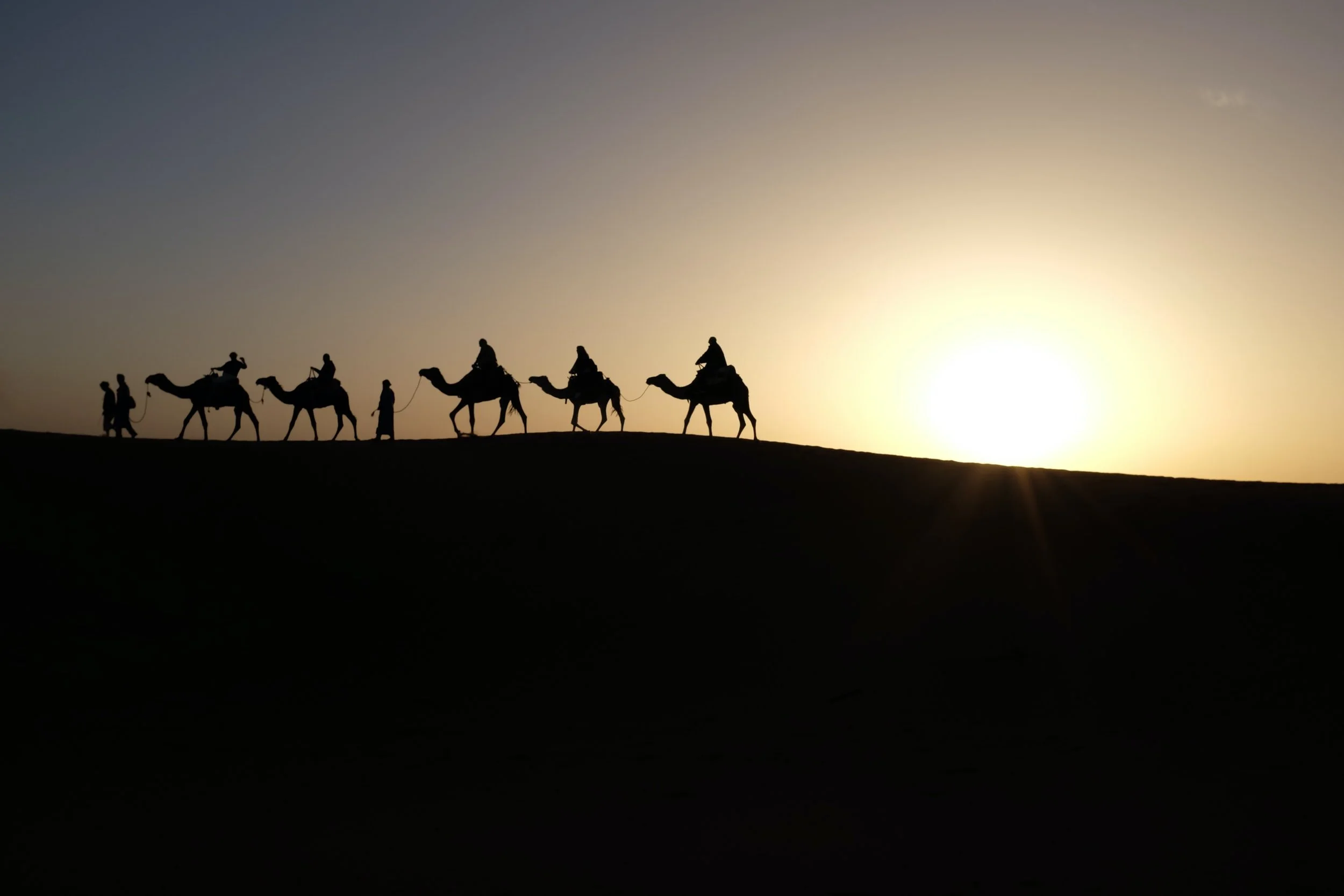By Marian McKone, guest author
“May we see our own blindness
and be loosed from every constriction...”
“Through the grace of The Christos
may we see our own blindness and
be loosed from every constriction
that locks us away from
Our True Nature,
Greater Love and All Eternity.”— A prayer from Alexander John Shaia:
It is the middle of Lent. The days are lengthening; there is more daylight and yet I am weighed down. This weekend holds the darkness of this month’s new moon phase, a passing darkness. This week also brought back to our attention the murder of George Floyd. As the trial draws near I am aware anew that I am a white woman who has lived her whole life in enormous privilege. I am exploring where I am blind about racism, what I cannot see. This is a reflection that asks questions about this difficult topic without bringing any resolution.
One of the ways sight is diminished is in the use of words. One pair of words captures my attention: black and white. Black is commonly associated with evil, darkness and fear, white with good, light and heroes. I want to wrestle with this language. I think it supports a troublesome bias.
Consider the phrase “luminous darkness”. This phrase combines light and dark. What does that look like-shining, shimmering, reflecting, glossy, black? Where do we find that deep, rich black? Where does darkness shine, illuminate? One place to look is in nature. Science suggests that life might originate or exist in black holes-not empty but unknowable, impenetrable, described as having heavy energy and vibration. Soil and earth, in their depth, are dark. This is where life begins. The darkness holds the nutrients, the moisture, the tiny organisms and insects that feed the seeds. Shadows are dark. Without them we cannot see with depth. The womb is dark, dark as it shelters and holds that which is yet unknown. Life is nourished there and is birthed. The tomb is a place of darkness. As Christians we name the belief that life comes forth even from that dark place. This generative darkness is seen in the theologian and author Howard Thurman. He fostered life in his mentorship of many, including Martin Luther King Jr, and in his prolific, mystical writings. The generativity of Mother Earth is seen in the lives of Winona LaDuke, a Native American farmer who is cultivating hemp in northern Minnesota and in writer Robin Wall Kimmerer, whose radiant writing is seen in Braiding Sweetgrass.
Can we make friends with this generative darkness? Can we see the darkness, the black, and embrace it? Is it possible that wrestling with our images and emotions about darkness could help us see the members of our human family that are dark differently, to see them as luminously dark? Can we use the words light and dark, black and white more consciously, with greater care so that we can challenge the unseen bias of their association with good and bad?
Consider this beautiful poem by John O’Donohue (from To Bless the Space Between Us p.7):
Matins
Somewhere, out at the edges, the night
Is turning and the waves of darkness
Begin to brighten the shore of dawn
The heavy dark falls back to earth
And the freed air goes wild with light,
The heart fills with fresh, bright breath
And thoughts stir to give birth to color.
I see “the waves of darkness” as bringing light and that ‘”dark falls back to earth” as it frees the light. There is a sense here of the darkness being the gift bearer. This luminosity of vision is seen in the poetry of Amanda Gorman and in the book See No Stranger written by Valerie Kaur, a Sikh American who is a filmmaker and activist. Jemar Tisby shares his clear vision with us in the book The Color of Compromise and in starting the organization The Witness, the Black Christian Collective.
What generativity, clarity, and insight can darkness, night and shadow bring to nurture and illumine our lives?
I would like to close with a prayer from Psalm 88. May it guide you gently through these days of Lent:
O merciful Beloved,
I cry to You;
each day
my prayer comes before You.Let not separation keep me
from your Heart;be my strength
as I face the darkness inside.
Amen.
This is the second reflection of our Lenten series: “Noticing our Longings” graciously provided by Marian McKone, a long term friend of our CloisterSeminars (see bio below).



